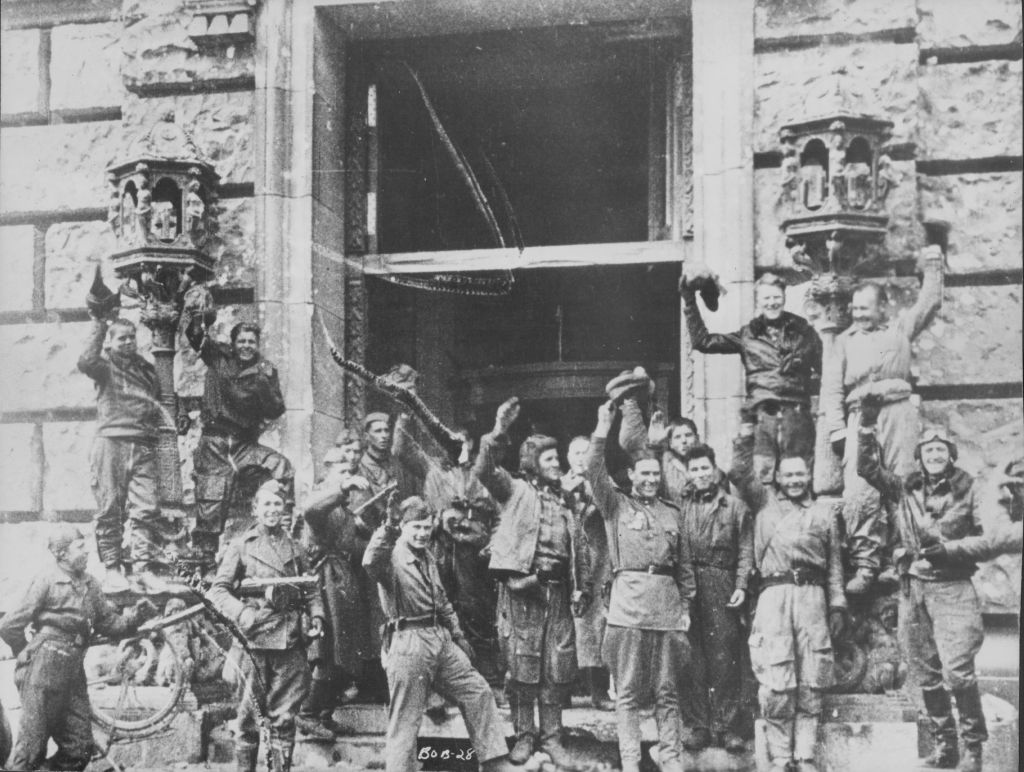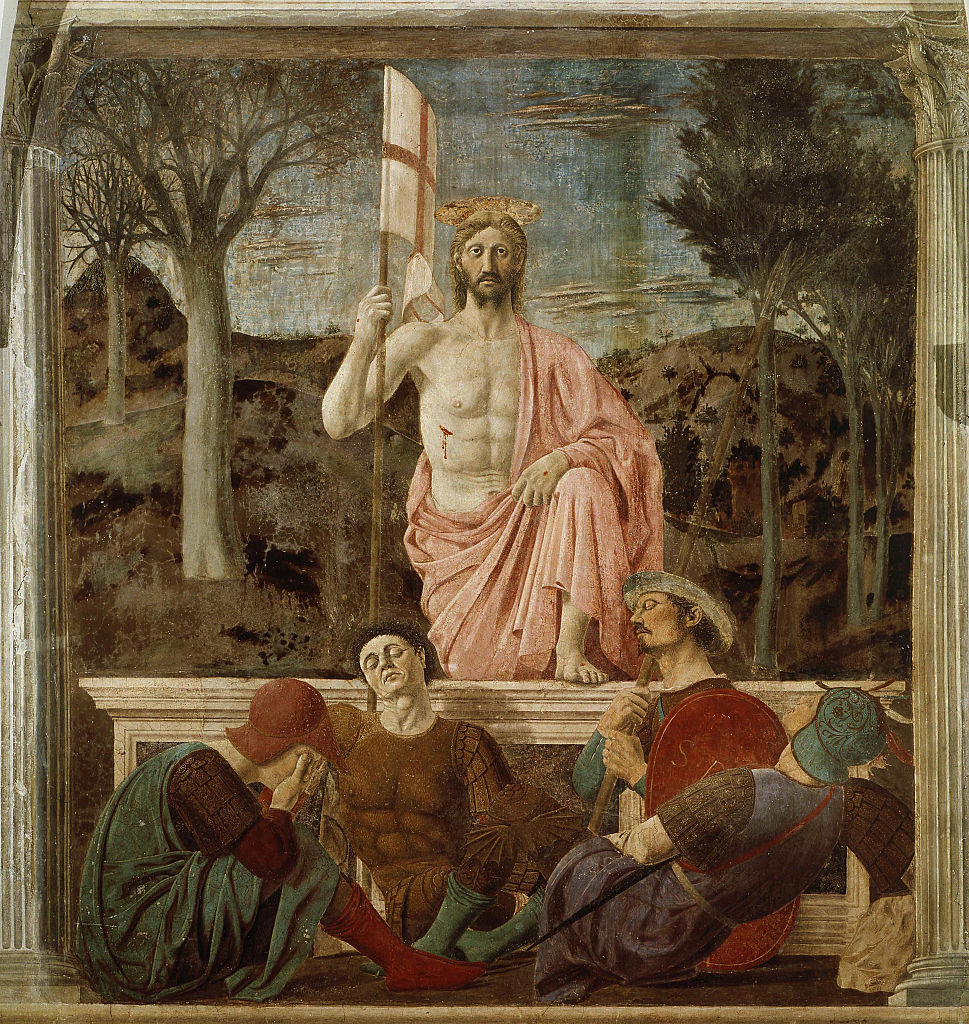History has a way of mocking those who ignore its lessons. As Donald Trump and Vladimir Putin prepare to meet in Alaska, European officials say they will not accept “a second Yalta”. The ghosts of 1945 loom: Roosevelt, Churchill, and Stalin carving up the world over cigars and maps. Yet, the more fitting spectre is Neville Chamberlain, waving his paper of “peace in our time” in 1938, blissfully ignorant of the inferno to come. Europe’s elites, it seems, are torn between yearning for a seat at the Alaskan table and hating the fact that it exposes their own strategic failures.
Let us do away with illusions. Russia is not the Third Reich, despite the fevered analogies of some who see swastikas in every Kremlin shadow. Putin, for all his autocratic rule, is no Hitler, and the war in Ukraine is not at all a replay of the Wehrmacht’s blitz. Moscow’s forces, battered but relentless, continue to gain ground in Donbas, metre by bloody metre. The Ukrainian army, heroic in its defiance, is stretched very close to breaking. Meanwhile, Europe’s grand proclamations of “defeating Russia” now sound increasingly hollow. The EU’s policy, built on the premise that sanctions and surplus hardware donations could topple a nuclear-armed behemoth, now confronts a grim awakening.
The Alaska summit is no mere diplomatic photo-op. It is a landmark. Trump, the iconic dealmaker, and Putin, the chess master of attrition, will sit across a table not as friends or foes, but as pragmatists who know the world bends to power, not platitudes. Europe’s leaders, by contrast, seem content to shout on their moral megaphones about sovereignty and rules-based orders, while their sanctions choke their own economies. Some in Brussels privately admit they would hail a new Yalta as a grand bargain to freeze the lines and call it peace, if only they were invited. But why would they be? Yalta was for victors and titans, not spectators wringing their hands.
Let us speak plainly, as history demands. Peace, if it comes, will not be a triumph of justice but a product of concessions. Russia will not withdraw from the land it holds — Crimea, Donbas, the scarred corridors of Luhansk. If Russian troops move out of a territory they control, it will be in order to trade it for another. To expect otherwise is not to understand the Kremlin’s clear calculus: What is taken by blood is kept by steel. So if peace is struck now, with Russia’s flag planted in Ukraine’s east, the EU’s dream of a defeated Moscow will be exposed as a miscalculation of Napoleonic proportions. The irony is bitter. Europe, which once carved empires, now watches as others draw lines on maps.
History, again, offers its sardonic commentary. In 1815, the Congress of Vienna redrew Europe after Napoleon’s fall, balancing power through cold compromise. In 1919, on the other hand, Versailles played nemesis and failed. Yalta, for all its cynicism, kept the peace -or at least a tense stalemate- for decades. Today’s Europe, enamoured with its own rhetoric, risks neither victory nor stalemate, but irrelevance. A new Yalta, if it emerges, will not be Chamberlain’s naïve appeasement but a recognition that wars end not when ideals triumph but when exhaustion and ultimate interests force hands to shake.
The truth is as brutal as the artillery barrages in Bakhmut. Consensus, not conquest, is the path to peace. Ukraine, bleeding but unbowed, cannot fight forever. Hip-shooter Europe, struggling without Russian gas and trade, cannot sermonise on end. And Russia, grinding forward, knows this war cannot go on forever. Afghanistan and Chechnya ring loud in Putin’s mind. Whenever Russia got engaged in a prolonged war, in the end came transition of leadership in the Kremlin. If Trump, or anyone else, can force Zelensky into accepting reality on the ground, Moscow has no reason not to jump on board.
Alaska may not give birth to a new world order, but it could offer a pause, a moment to halt the carnage and a first step toward mending the pieces of a fractured continent. Europe’s leaders, if they wish to avoid history’s scorn, must find the courage to abandon their fantasies of triumph and embrace the grim arithmetic of compromise. For in the end, as Thucydides taught us in the Melian Dialogue, it is not justice but strength that writes the treaties -and the epitaphs.





Dodging a proxy war with China in Iran: Trump’s gambit and Europe’s irrelevance